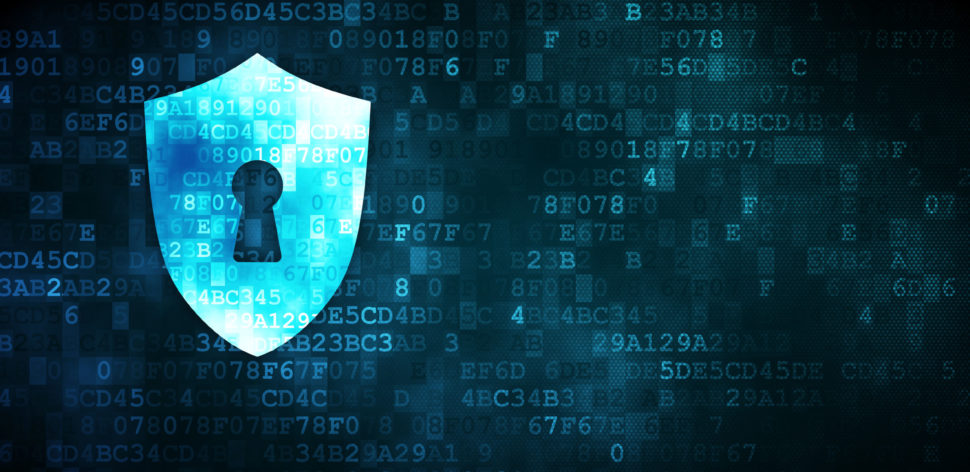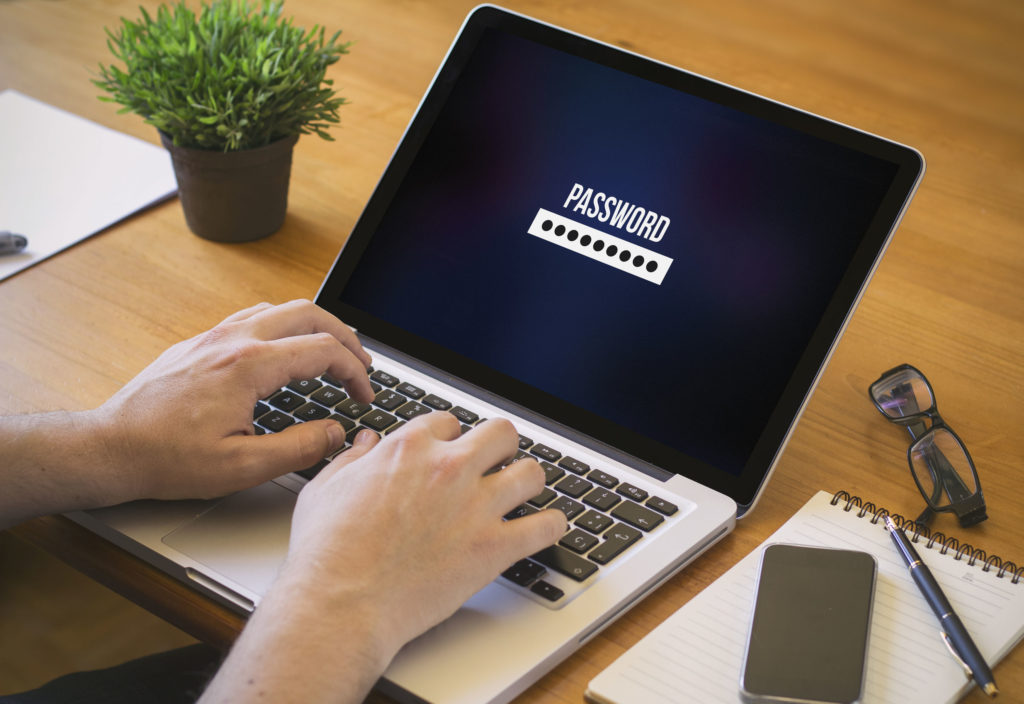10 ways to protect your personal data on the internet
Be present on social networks and the Internet with risk; know how to protect your data from malicious people and companies

Facebook, Instagram, Twitter, social networks have been a part of people’s lives for quite some time. And the number of users only grows year by year. Not to mention online shopping and numerous sites spread throughout the network. However, being present in these virtual environments embodies risks and not all people are aware of them.
Recently, for example, Facebook was involved in a controversy in which data from more than 50 million people were leaked through a personality test. The UK company Cambridge Analytica would have used data available on that network to draw detailed psychological profiles of voters in the US, in the pro-Trump campaign, and in the UK, in the pro-Brexit campaign.
So protecting your data on social networks and the internet is very important. In Brazil, recently the General Data Protection Act was sanctioned, which provides for rights and duties of individuals and companies in data protection. In addition to this instrument, you can protect your data yourself. Check out the tips we prepared for you:
Tips for protecting your data
Beware of what you post on social networks
There is no problem in having an account on a social network, but common sense is needed when publishing. This way, avoid posting information that reveals sensitive details of your life. For example, places you frequent, financial situation and photos that reveal where you live or even your standard of living. Depending on the social network, you can control what other people see. Invest some time messing with these settings.
Avoid answering provocations and threats
If you receive provocations or threats, avoid responding. You may end up falling into unnecessary discussions, damaging your image. Remember that many interviewers research the social networks of job applicants. Therefore, depending on what you post, that job you wanted so badly may not be yours.
Change passwords periodically

This one is a lot of work, but it is very important. Despite the inconvenience of having to memorize new passwords, it is important to change them from time to time. For example, someone might get your e-mail password and you might not even know it. And that someone can learn a lot about you or even change your passwords in other services. Also, do not use obvious passwords or the same combinations in many different places.
Beware of sites that ask for too much information
If the company does not make clear why it is asking for so much data, light the yellow sign. She may be wanting to use them for not very noble purposes. It is necessary to be even more careful with the site that asks for financial information, such as the credit card number.
Know how to recognize the rumors
The internet is full of rumors and false news. So you shouldn’t share or click on everything that comes into your email, social network or WhatsApp, even when the sender is a known person. Content like this can contain links to malware or fake websites, which go through a new service or an online petition, for example, but only capture data.
Attention in online shopping
Buying over the internet is great, but you need to take some care. After all, when shopping on websites, you are providing some of your data. So, give preference to famous stores. If you are buying from a less known site, search first to get the opinion of other buyers. Also check if the site is a safe environment (the address starts with https://).
Be careful when using public computers
Many people make the mistake of logging into e-mail services and social networks on public computers. Many times the browser can store your login and password and another person will have access to your accounts. Another possibility is to forget to login when leaving the computer. This way it is even easier for the attacker to have access to your sensitive information.
Avoid public Wi-Fi
By accessing public Wi-Fi networks, an attacker can place himself between his cell phone and router and capture all transmitted data. Generally, hackers are attracted to the same facilities that attract the general public: access to a network without the need for authentication. This creates an opportunity for malicious people to have access to unprotected devices on the network.
Protect your mobile devices
Mobile devices, cell phones and tablets are becoming targets of many attacks and, in large part, because many users do not pay attention to it. Your smartphone also has to be secure, with remote passwords and blockers.
Choose your applications carefully
To conclude, it is necessary to know what the user puts on his cell phone. Before installing an application, check what permissions it asks for and make sure it is from a trusted developer. There are many viruses disguised as applications in mobile virtual stores.
Leave a Reply
You must be logged in to post a comment.